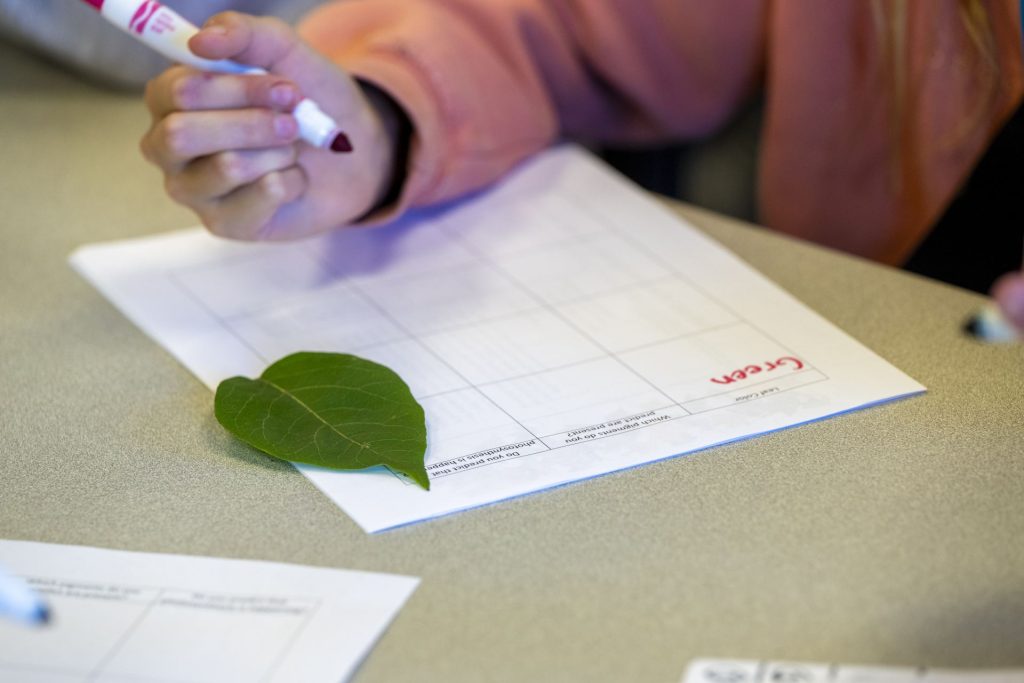
My Teaching Philosophy
My teaching philosophy stems from the notion that students require relevant real-world problems that support their critical thinking development and argumentation skills. My teaching goal is to create suitable learning environments with case-based and problem-based instruction to provide explicit examples of how students can apply their content knowledge to solve real-world problems. Many students focus on “getting the answer right” rather than engaging in critical thinking processes and evidence-based reasoning when constructing an argument. Engaging in argumentation is a necessary skill in scientific practice.
My ongoing research in situated learning and case-based instruction informs my teaching. I have developed expertise in discipline-based education through multiple research collaborations. My ongoing research focuses on how medical case studies in genetics support students’ understanding, as demonstrated by their argument construction. My research examines how students engage in scientific reasoning to critically think, which can be evaluated by analyzing students’ arguments.
Real or relevant stories are an integral component of my instruction. With the use of case studies, I have witnessed the positive impact of problem-solving within the classroom across all academic levels and majors. Students become emotionally invested in the case study, and consequently their learning, and begin to realize how they will use content in their future careers.
Courses Taught
BIO SCI 1213 Principles of Biology
BIO SCI 3483 Biomedical Problems
EDUC 3340 Assessment of Learning
EDUC 1164 Teacher Field Experience II
EDUC 5150 Teacher Leadership within Educational Systems
Teaching Methods and Approaches
Case-based Learning, Problem-based Learning
Office Hours
Fall Semester: Mondays 10 am – 11 am
Spring Semester: Tuesdays 11 am – 12 pm
Appointments are available upon request.
Resources for Students
Please refer to your Canvas webpage.
Resources for Teachers
Simulations:
PhET Interactive Simulations by University of Colorado–Boulder
These interactive simulations can be utilized in K12 and college classrooms. Topics include physics, chemistry, math, earth science, and biology.
Problem- and Case-based Learning:
The NCCSTS Case Collection by created by the National Center for Case Study Teaching in Sciences through the University of Buffalo. Accessed through the National Science Teaching Association, this collection offers peer-reviewed case studies in all scientific disciplines.
Teaching Awards
College of Arts, Sciences, and Education Innovative Teaching Award, Missouri University of Science and Technology, 2025